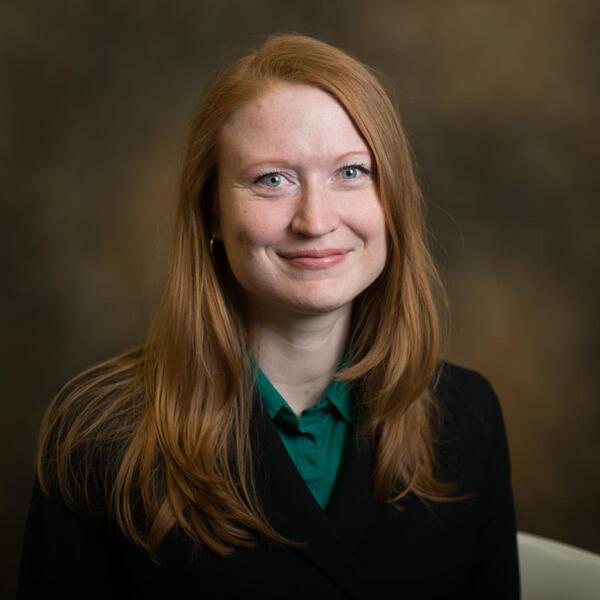Dr. Laura Hosman is Associate Professor at Arizona State University, holding a joint appointment in the School for the Future of Innovation in Society and in The Polytechnic School. Her action-oriented work focuses on the role for new technologies in developing countries, particularly in education. She brings her passion for experiential learning to the classroom and beyond, through real-world-focused, project-based courses that bring students and student-built technology to the field for implementation. Hosman is also co-founder and director of SolarSPELL, an offline solar-powered digital library for low-resource locations. To date, SolarSPELL (Solar Powered Educational Learning Library) has been deployed to over 300 schools and health care clinics across eight countries in the Pacific Islands and East Africa. She has held prior academic positions at California Polytechnic State University, Illinois Institute of Technology, the University of California, Berkeley, and the University of Southern California (USC). She earned an MA in International Relations as a Fulbright Scholar at the University of Amsterdam. She also holds an MA in Economics and a PhD in Political Economy and Public Policy, both from the University of Southern California (USC).
Publications
| Dr Hosman's publications |
|---|
| Hosman, L., & Jacobs, G. (2018). From Active Learning to Taking Action: Incorporating Political Context into Project-Based, Interdisciplinary, International Service Learning Courses. Journal of Political Science Education, 14(4) 473-490. |
| Hosman, L. (2018). Impatience as a Virtue: Addressing Persistent ICT-in-Education Challenges in Small Developing Countries, 169-193. In I. Lubin (Ed.), ICT-Supported Innovations in Small Countries and Developing Regions. Switzerland: Springer International Publishing. |
| Hosman, L., & Armey, L.E. (2017). Taking Technology to the Field: Hardware Challenges in Developing Countries. Information Technology for Development, 23(4) 648-667. DOI:10.1080/02681102.2017.1363028. |
| Hosman, L., Gomez Zermeno, M. G., & Aleman de la Garza, L. (2020). SolarSPELL Assessment: Impact of a Solar-Powered Digital Library as a Teaching-Learning Resource on Climate Change. Sustainability, 12, 6636, doi:10.3390/su12166636 |
| Hosman, L., Walsh, C., Perez Comisso, M., & Sidman, J. (2020). Building online skills in offline realities: The SolarSPELL initiative. First Monday, Vol. 25 No. 7, July. doi |
| Hosman, L. and Pérez Comisso, M.A. (2020). How do we understand “meaningful use” of the internet? Of divides, skills and socio-technical awareness. Journal of Information, Communication, and Ethics in Society, forthcoming, |
Projects
